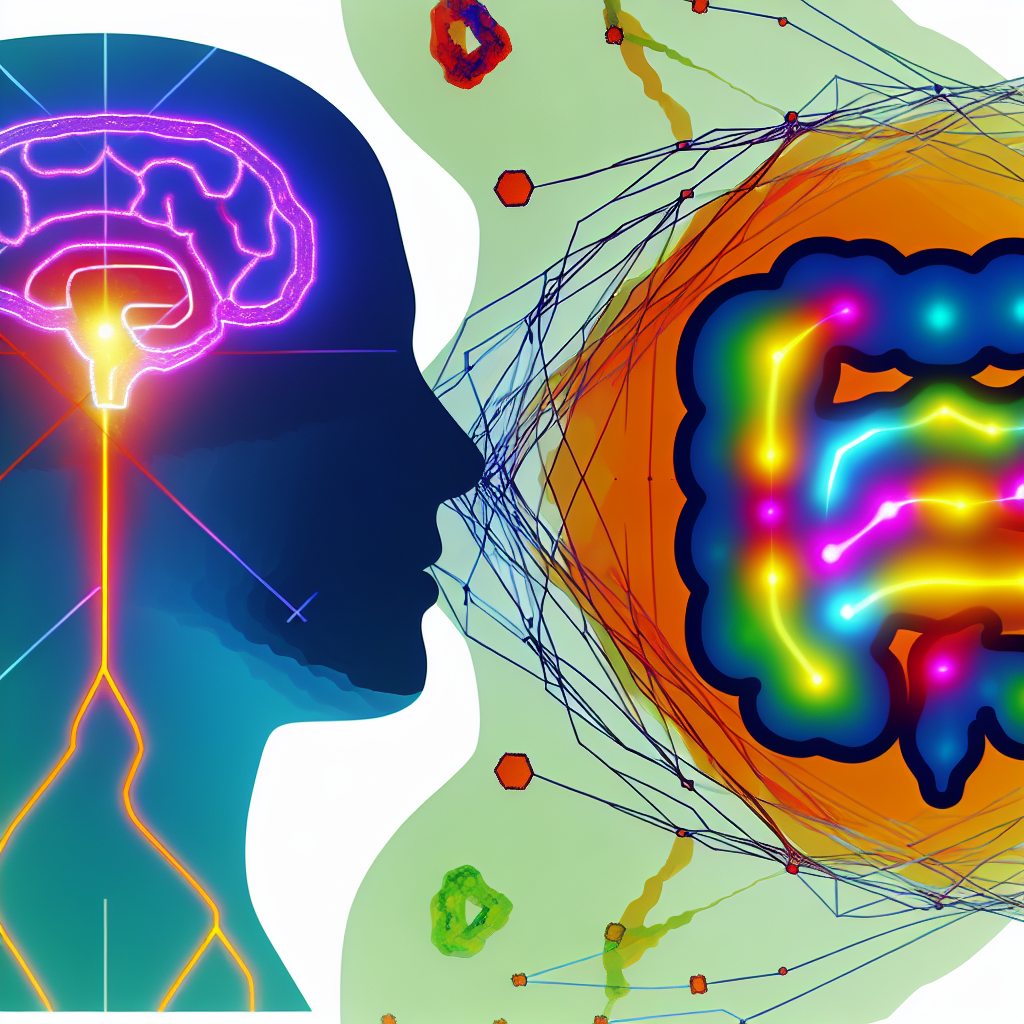Gut-Brain Axis Sleep Optimization: Microbiome Interventions for Neurotransmitter Balance
Introduction: The Surprising Link Between Your Gut and Your Sleep Quality
Emerging research has placed the spotlight on the gut microbiome and its pivotal role in optimizing sleep through the gut-brain axis. This intricate, bidirectional communication system links the central nervous system and the enteric nervous system, profoundly affecting our cognitive function, mood regulation, immunity, and sleep-wake cycle.
The connection between the gut and sleep hinges on the production and regulation of neurotransmitters like serotonin, dopamine, and GABA, which influence sleep cycles and circadian rhythms. Over 90% of the body’s serotonin, a precursor to melatonin, is produced in the gut. Disruptions to gut microbiota have been associated with sleep-related issues, while supporting a healthy gut microbiome has shown promise in improving sleep architecture and overall mental well-being.
Decoding the Science: How Gut Microbiota Influence Sleep Cycles
Studies have found that greater microbial diversity is positively correlated with increased sleep efficiency, longer sleep duration, and reduced sleep onset latency ([Benedict et al., 2019](https://www.frontiersin.org/articles/10.3389/fpsyt.2019.00424/full)). Gut bacteria like Lactobacillus and Bifidobacterium synthesize GABA and other neuroactive compounds that can reduce anxiety and promote relaxation ([Cryan & Dinan, 2016](https://www.nature.com/articles/nrn.2016.68)).
Gut Health Interventions That Improve Sleep Quality
Supplementation with a multi-strain probiotic has been shown to improve sleep quality and reduce fatigue ([Nishida et al., 2020](https://www.mdpi.com/2072-6643/11/9/1975)). Prebiotic fiber supplementation has also been found to alter gut bacteria composition and lead to increased non-REM sleep ([Thompson et al., 2017](https://www.sleep-journal.com/article/S1389-9457(16)30318-8/fulltext)). Additionally, the gut-produced melatonin is influenced by microbial pathways and nutrient availability, further enhancing the link between diet, gut health, and circadian synchronization.
Practical Tips: How to Support Your Gut for Better Rest
To optimize your gut health and sleep, consider the following strategies:
– Eat more plant-based prebiotics like garlic, onions, bananas, and asparagus.
– Include fermented foods such as yogurt, kimchi, kefir, kombucha, and sauerkraut.
– Take a targeted probiotic supplement with strains like Lactobacillus rhamnosus and Bifidobacterium longum.
– Limit processed foods, alcohol, and excessive caffeine, which can disrupt the microbiota and impair sleep.
– Ensure a diverse and fiber-rich diet to encourage a robust microbial ecosystem.
– Practice stress-reduction techniques like mindfulness, which can benefit both gut and psychological health.
Conclusion: Sleep Better by Starting with Your Gut
By recognizing the profound influence of the gut microbiome on the production and regulation of key neurotransmitters, we open new doors to understanding how natural mechanisms can stabilize our sleep-wake cycles. Microbiome-targeted therapies, from dietary changes to specific probiotics, can modulate brain function, reduce nighttime anxiety, and enhance deep sleep quality by restoring balance in the neurochemical ecosystem.
Rather than viewing sleep issues in isolation, incorporating gut health into the broader conversation around sleep allows for a more holistic, preventative approach to wellness. Tending to your gut may be a sound first step on the path to better sleep, with personalized nutrition, gut testing, and targeted probiotic formulations soon becoming a standard part of sleep optimization protocols.
**Summary:**
Emerging research has revealed the surprising link between the gut microbiome and sleep quality through the gut-brain axis. By influencing the production and regulation of key neurotransmitters like serotonin, dopamine, and GABA, the gut plays a pivotal role in optimizing sleep cycles and circadian rhythms. Strategies to support gut health, such as consuming prebiotics, probiotics, and a diverse, fiber-rich diet, can enhance sleep quality and promote overall mental well-being.

Dominic E. is a passionate filmmaker navigating the exciting intersection of art and science. By day, he delves into the complexities of the human body as a full-time medical writer, meticulously translating intricate medical concepts into accessible and engaging narratives. By night, he explores the boundless realm of cinematic storytelling, crafting narratives that evoke emotion and challenge perspectives.
Film Student and Full-time Medical Writer for ContentVendor.com




